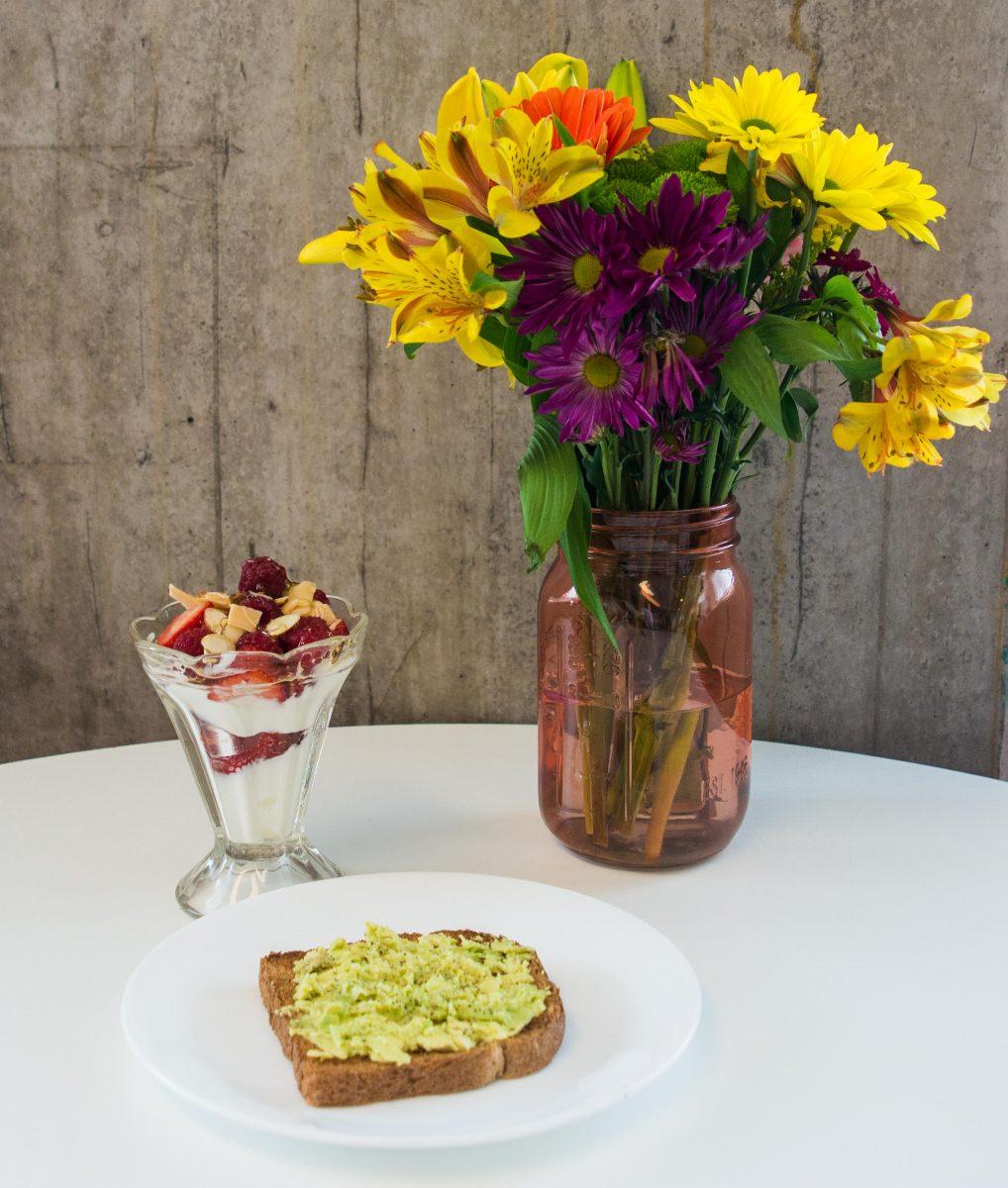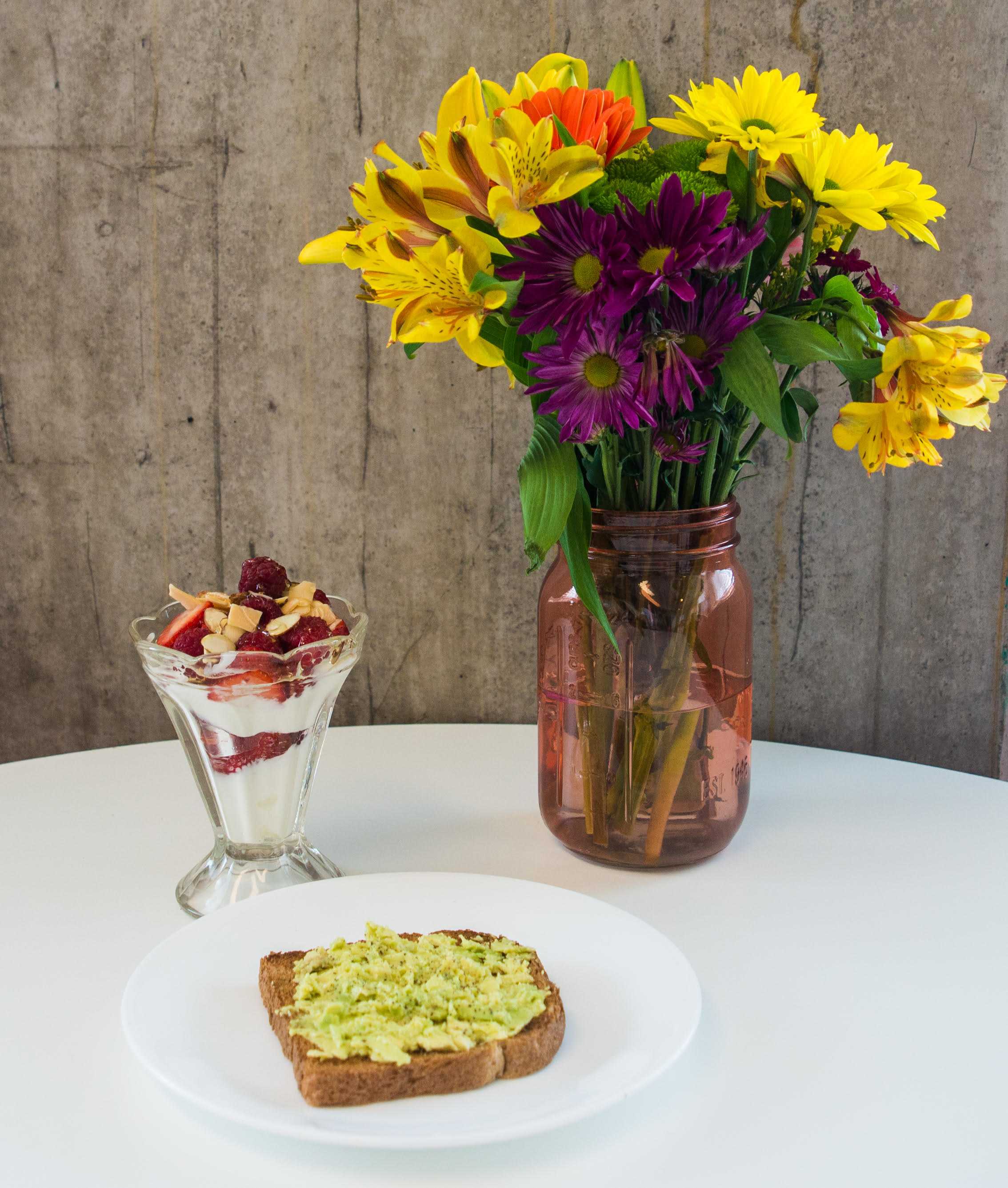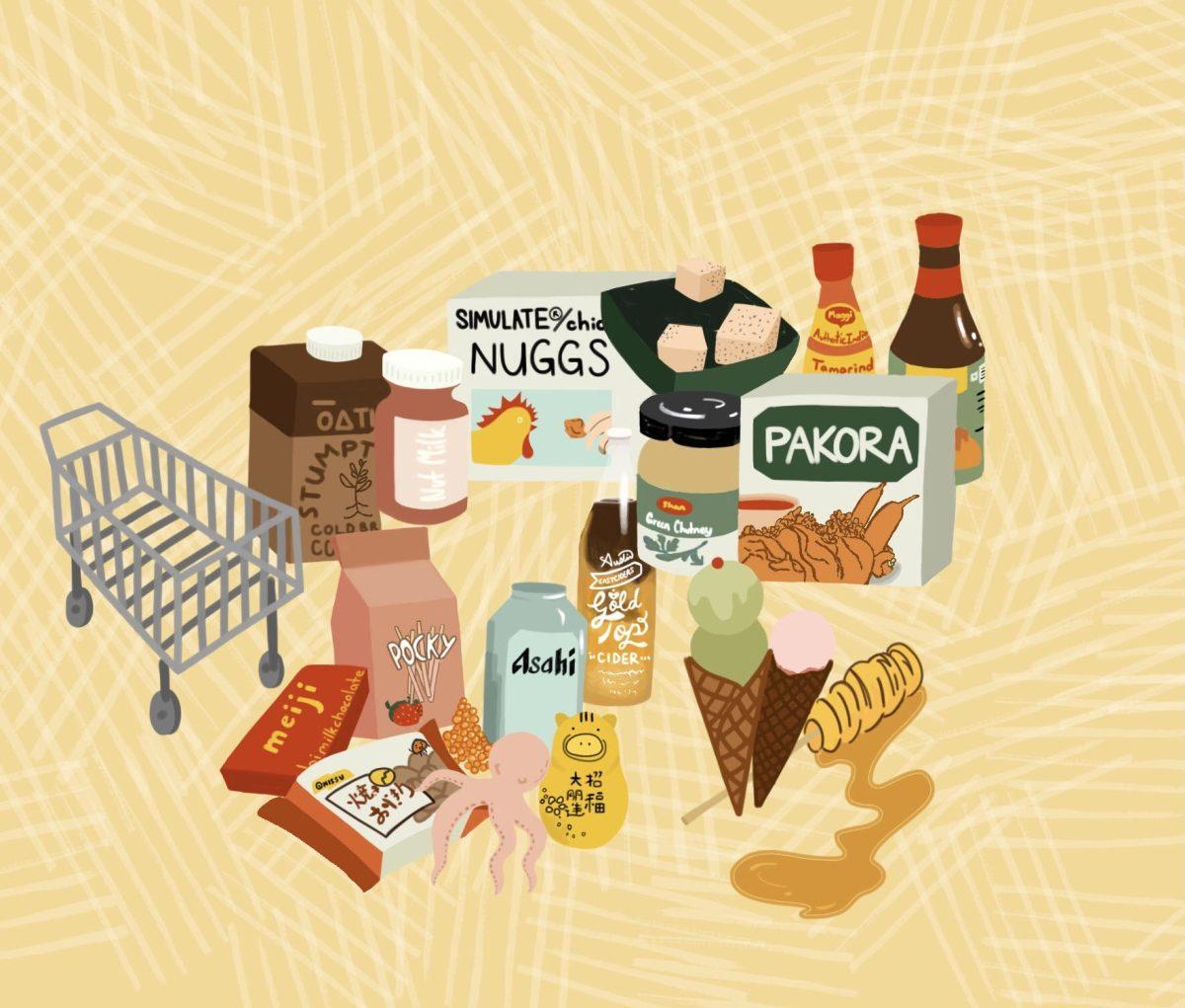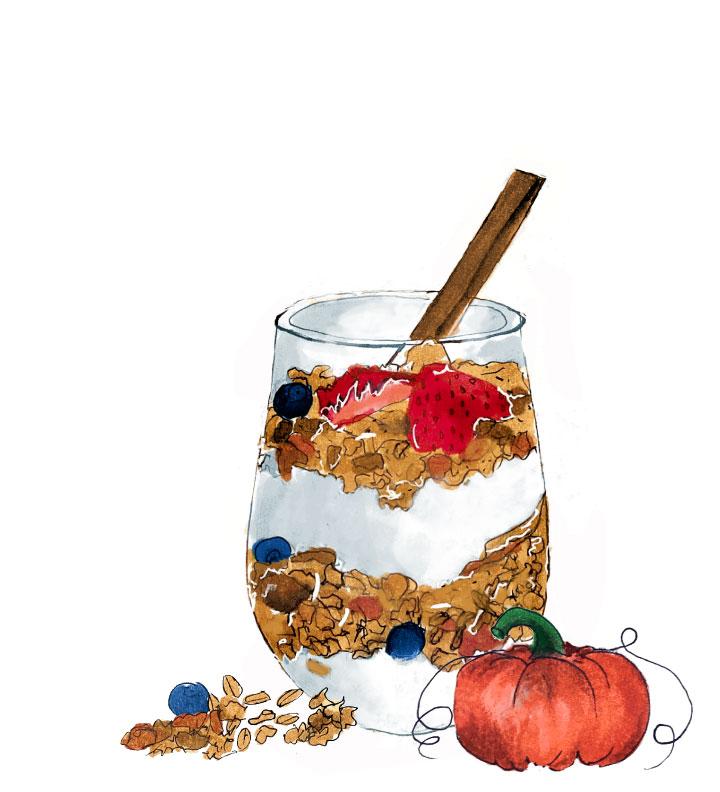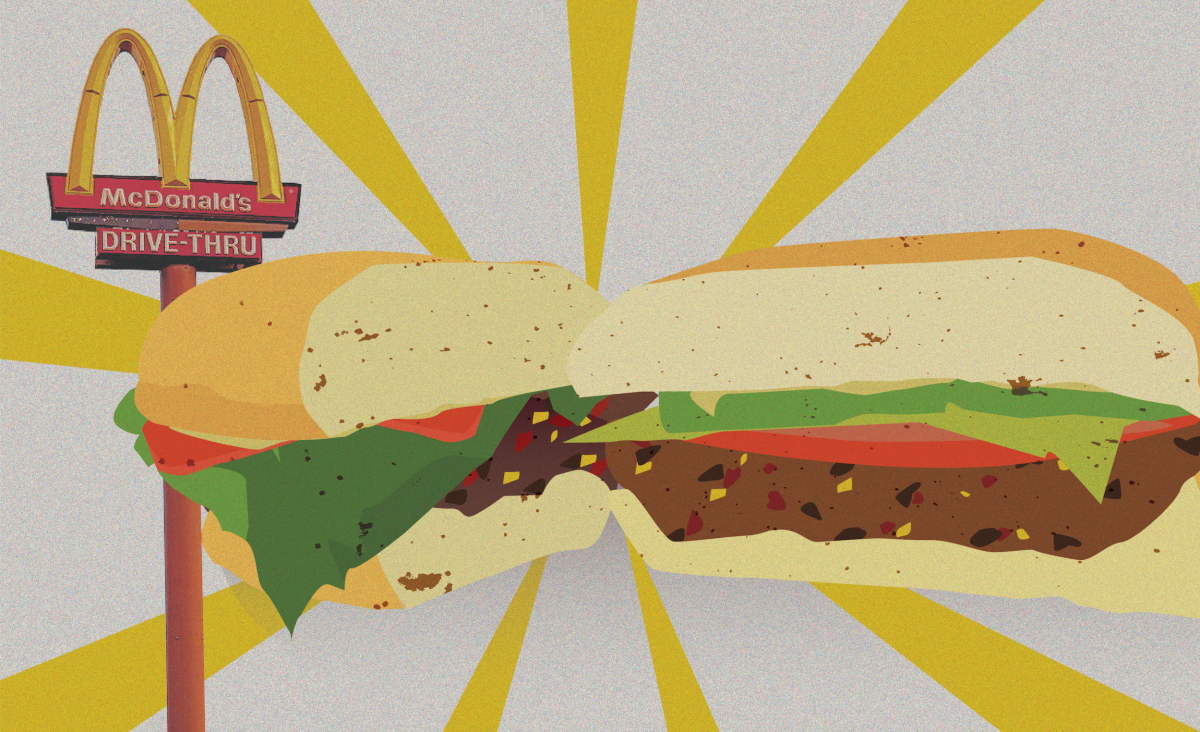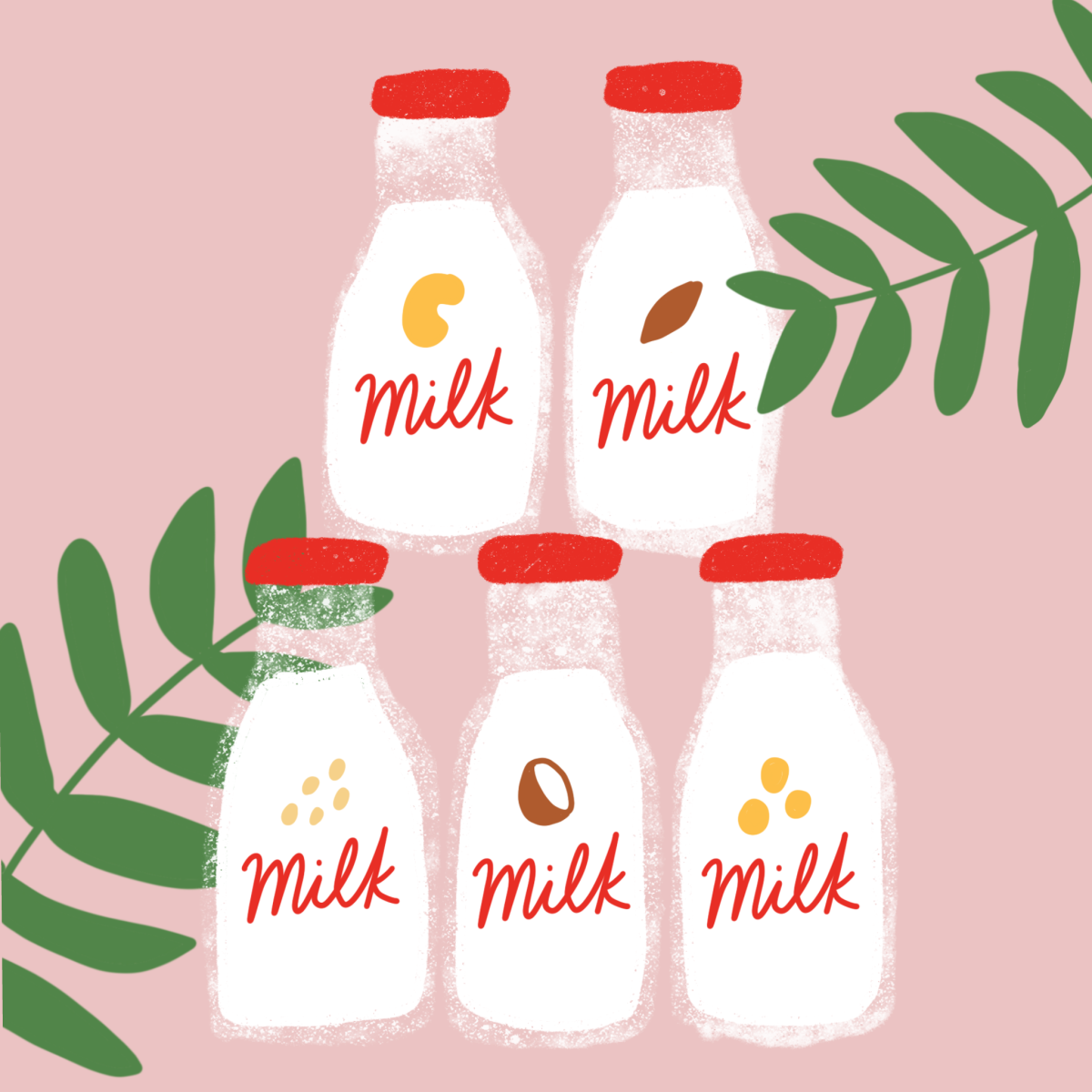Acne treatments can be pricey and ineffective. If breaking out leads to breaking the bank, consider adding some acne-fighting foods to your diet. The vitamins and minerals present in certain foods may have positive effects on your complexion.
Story by Sarah Hollis and Abby Moore
Photos by Marybeth Schmidt
Kidney Beans
The high level of zinc in kidney beans has powerful healing properties. Zinc is responsible for the absorption of vitamins A and E, which help reduce the retention of sebum, an oily secretion, and therefore decrease oil in the skin. People with severe blemishes may have low levels of zinc. Incorporating more zinc into your diet can limit the likelihood of breakouts. Canned kidney beans* can be found at most grocery stores for under one dollar.
Avocado
Avocado has become a staple food in most people’s kitchens, and while many appreciate the glory of avocado toast, most are unaware of the benefits it offers for skin. The vitamin C in avocado reduces inflammation, providing a release for redness and swelling. Avocados can range between $0.70-$2.00 depending on the size and the brand.
Brown Rice
Brown rice is not only a healthy alternative to other refined carbohydrates like white rice or pasta but it is also helpful in fighting acne. The vitamin B in brown rice reduces stress. A lack of stress can help regulate hormone levels, resulting in a decrease in breakouts. Brown rice is typically sold in the $3 range.
Foods have an impact on skincare.
Just as there are foods that are good for your skin and overall wellbeing, there are foods that can actually damage your health. Eating the foods below in moderation or eliminating them altogether is something to consider, especially if you have specific skin concerns like acne or dullness.
Alcohol
Alcohol can wreak havoc on your skin for three main reasons: it is extremely dehydrating, it depletes the body’s resources of vitamin A and it is a vasodilator, which causes blood vessels to dilate. Dehydrated skin leads to pronounced wrinkles and enlarged pores. Vitamin A is crucial for fighting free radicals in the body, which lead to further dehydration and premature aging. Vasodilation manifests as puffy under-eye bags and inflammation. Red wine, a free-radical fighting antioxidant, or light-colored alcohols are your best bet if you choose to drink.
Sugar
Simply put, sugar causes inflammation. Inflammation leads to the breakdown of collagen and elastin and well as causing facial redness. Collagen and elastin prevent skin from sagging and forming wrinkles. Sugar also promotes oil production, which could lead to acne flare-ups as sebum builds. Refer to the glycemic index and opt for low-glycemic options when possible, including fruit, whole-grain baked goods, yogurt and dark chocolate.
Dairy
Traditional dairy or milk coming from animals can be detrimental to the skin because of the hormones and growth factors found naturally in milk (including organic). These hormones can lead to inflammation and worsen skin issues like acne or aging. If ditching dairy makes you concerned about your calcium and vitamin D intake, add more dark leafy greens, fatty fish or fortified dairy alternatives to your diet.
*Look for cans that are advertised as BPA-free. Bisphenol A (BPA) commonly found in the lining of cans has been shown to disrupt hormones when taken in large doses. Low level consumption is safe, according to the FDA. Brands like Eden Foods and Trader Joe’s both use BPA-free packaging.































